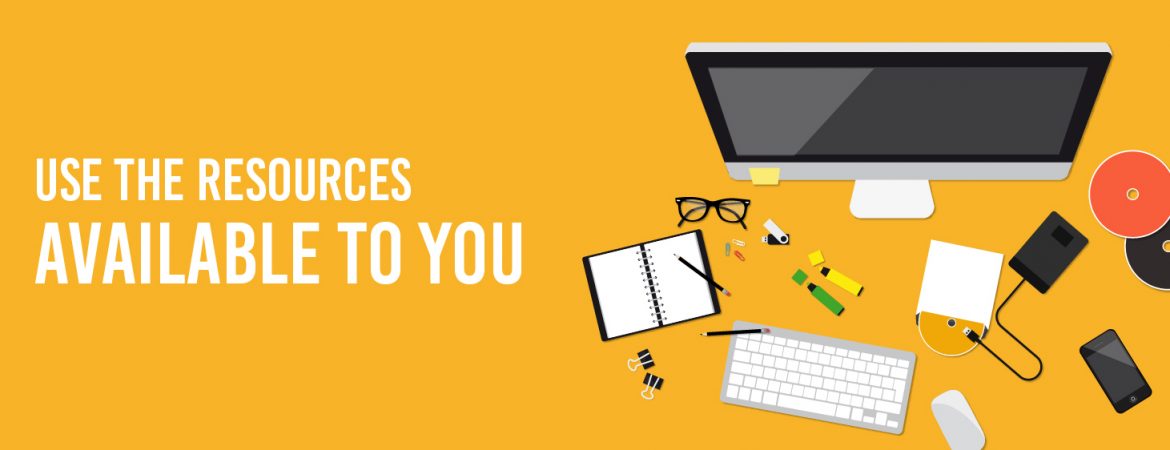SELF-STUDY OF ITALIAN - A1 LEVEL
If you didn’t arrive on time to enrol on our Italian courses and you are an absolute beginner in Italian, you’ve nothing to worry about: keep yourself busy with our self-study facilities
Language learning is a complex task that demands a great deal of time and requires commitment and persistence.
Luckily there are strategies that can help you study more effectively, so that you can save energy and your precious time.
Therefore, before you start your self-study activities, please read the following list of tips that might be useful in organising your study material and learning strategies.
Moreover, remember that the Language Centre advisors are always available to help you with any enquiries you might have and to direct you to the resources available on site or online.
I already know what self-study means.
Skip the tips. Go straight to the language activities and the Corpus-based tool.
Tips for language self-study

Set obtainable goals
Build a manageable plan: you should divide your learning into smaller chunks. For example, break down your plan into the most essential communication needs you might have while staying here in Italy: food, accommodation, basic greetings, and so forth. People learn excellently by taking in little snippets of information.
If you set obtainable goals for yourself then you are much more likely to meet those goals and feel a sense of accomplishment, which will motivate you to continue towards fluency. Once you have set your goals you will have to create your own schedule based on the time you have, your lifestyle and your learning speed.

Set up your tool box
Take a look at the shelves of the Language Centre Lab and ask the Language Centre advisors to help you set up your tool box: you need a dictionary, a thesaurus, a reference grammar, an exercise grammar with keys and a textbook.
Is it necessary to use a textbook?
Textbooks are a staple of any balanced language learning process as they provide a roadmap for learning. If you’ve ever tried to study a language on your own before, you know it can be difficult to figure out what to focus on first and what to save for later. When you use a textbook, you don’t need to worry about this. The information has been organised into lessons for you, so all you need to do is turn the page and start studying!

Balance your workload: vary your routine and enjoy the learning process
To keep you actively involved and interested in the learning process, keep your learning diverse by changing it frequently! Practise listening one day, writing another, reading the following day, and so on.
Try to see concepts explained in different ways. The variety can keep you from getting stuck in a learning rut.
Moreover, you don’t have to study like a madman, enjoy the success you’ve achieved: watch a film, or listen to the radio… but, of course, in Italian! When you match language learning with joyful activities, you’ll learn more effectively and remember what you’ve learned more easily.

Nobody’s perfect
Sometimes, the biggest challenge to language learning is overcoming the fear of making mistakes, saying the wrong thing or not being able to find the right word. This is perfectly rational: anyone learning a language is going to make mistakes.
Mistakes are important: don’t get frustrated by them because they’re part of the game. Feelings of shyness or insecurity can hinder all your hard work because if you’re not willing to make errors, then the amount of language you produce goes way down.

Expose yourself to Italian language
Expose yourself to as much of the language you’re learning as possible. But this doesn’t mean you have to increase your collection of textbooks. Instead, look for “authentic” examples of the language, things you’ll actually enjoy, even if you don’t understand every word!
-
Download some language learning applications that you can access whenever you get a spare moment during the day. Smartphone applications cover everything from pronunciation and grammar to learning vocabulary.
-
Watch Youtube/Tedex videos online: watch first without any subtitles, then with subtitles in the language you’re learning, and then finally with subtitles in your native language if you need them.
-
Songs: music is a powerful tool especially suited to language practice, since you’re likely to memorise the ones you enjoy.
-
Podcasts: Podcasts are great because you can learn on the go. You can download language lessons from your favourite podcast provider, then listen on your device. With podcasts, you can learn while you’re doing other things. You can learn a language while commuting to work, walking the dog, cleaning the house or making dinner.
-
Newspaper articles, magazines: once you’ve tried reading them a few times, it’s easy to translate the key parts to check your understanding. Look for a topic you’re already interested in and follow it.

Be persistent!
Make sure that learning a language becomes a regular daily activity. Fifteen minutes a day is better than a week followed by nothing after that.
Every minute spent studying a language will eventually pay off and help you somewhere down the road. And while it’s easy to feel like you are wasting hours studying a language you aren’t making progress in, so much more is happening in the brain than you might imagine.

Vocabulary is central to language
This doesn’t mean that grammar is unimportant. Without grammar, you won’t know how to use your vocabulary, since grammar tells you how to combine words into sentences.
The more words you know, the more quickly you can improve your language skills. The reason is simple: understanding more words means more input, producing more words means more output, and more output means more opportunity for feedback. Additionally, when you’re trying to interact with with native speakers, vocabulary is more beneficial to communication than grammar is.
LANGUAGE TOOLS
LANGUAGE ACTIVITIES
Now that you know some useful tips that you can incorporate into your language study, let’s focus on activities: practical suggestions to help you find new ways to improve your language skills

